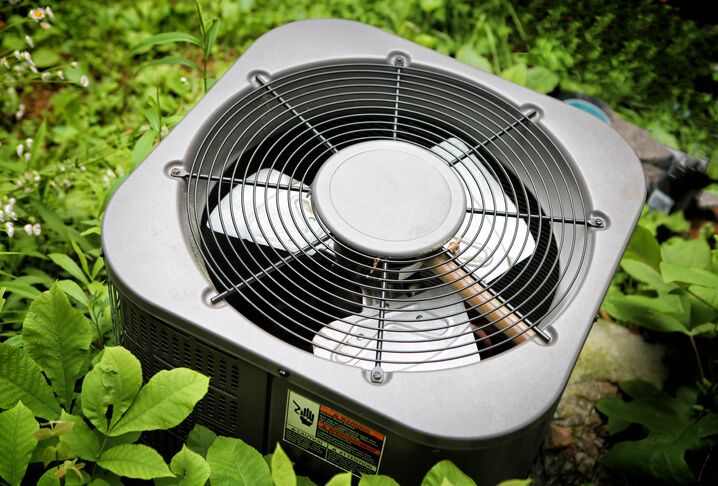Dealing with an overheated air conditioner can be a major inconvenience, especially during the sweltering summer months. If your AC unit is constantly overheating, it not only disrupts the cooling of your indoor space but also increases the risk of damaging the unit. Understanding the common reasons behind air conditioner overheating can help you address the issue promptly and prevent further damage. In this article, we’ll explore some of the most prevalent reasons for air conditioner overheating and the steps you can take to rectify the problem.
1. Dirty or Clogged Air Filters
One of the primary culprits behind air conditioner overheating is dirty or clogged air filters. Over time, dust, dirt, and debris can accumulate in the air filters, obstructing the airflow. When the airflow is restricted, the system has to work harder to cool the air, leading to increased heat generation and potential overheating. To prevent this issue, it’s essential to regularly clean or replace the air filters according to the manufacturer’s recommendations.

Credit: www.bloomingtonheating.com
2. Refrigerant Leaks
Refrigerant plays a crucial role in the cooling process of an air conditioner. If there is a refrigerant leak in the system, it can disrupt the cooling cycle and cause the unit to overheat. Additionally, running the AC with low refrigerant levels can lead to increased pressure on the compressor, further contributing to overheating. If you suspect a refrigerant leak, it’s important to enlist the services of a qualified HVAC technician to locate and repair the leak, and recharge the refrigerant to the appropriate level.
3. Inadequate Airflow
Inadequate airflow, whether due to a malfunctioning fan or obstructed vents, can result in the overheating of an air conditioner. The fan in the outdoor unit is responsible for expelling heat from the system, and any issues that hinder its operation can lead to overheating. Similarly, obstructed air vents in the indoor unit can impede the air circulation, causing the system to work harder and overheat. Regular maintenance, including cleaning the fan and ensuring unobstructed vents, can help mitigate this problem.
4. Overworked or Aging Compressor
The compressor is the heart of an air conditioning system, and an overworked or aging compressor can be a significant factor in overheating. If the compressor is working harder than it should, it can generate excess heat and lead to overheating issues. Additionally, the wear and tear that comes with an aging compressor can impact its efficiency, increasing the risk of overheating. Regular maintenance and timely repairs can help extend the life of the compressor and prevent overheating.
5. Electrical Issues
Electrical problems, such as faulty wiring, tripped breakers, or malfunctioning capacitors, can cause an air conditioner to overheat. These issues can disrupt the normal functioning of the system, leading to overheating and potential damage. Addressing electrical issues promptly and enlisting the expertise of a qualified electrician or HVAC technician is crucial in preventing overheating and ensuring the safe operation of the air conditioner.
6. Ambient Temperature and External Factors
External factors such as extreme ambient temperatures, direct sunlight exposure, or proximity to heat-generating appliances can also contribute to air conditioner overheating. In hot climates, especially during heatwaves, air conditioners may struggle to effectively cool the indoor space, leading to increased strain on the system and overheating. Proper insulation, shading, and strategic placement of the outdoor unit can help mitigate the impact of external factors on the air conditioner.
7. Lack of Regular Maintenance
Ultimately, a lack of regular maintenance and neglecting the signs of potential issues can exacerbate the risk of air conditioner overheating. Routine maintenance, including professional inspections, cleaning, and tune-ups, is essential in keeping the system running optimally and preventing overheating due to underlying issues that may go unnoticed. By adhering to a proactive maintenance schedule, you can address potential concerns before they escalate into major problems.
Conclusion
Dealing with an overheating air conditioner can be a frustrating experience, but understanding the root causes and implementing proactive measures can help prevent this issue. Whether it’s regular filter cleaning, addressing refrigerant leaks, ensuring adequate airflow, maintaining electrical components, or scheduling routine maintenance, taking care of your air conditioner can go a long way in preventing overheating and ensuring efficient cooling when you need it the most.
By staying vigilant and seeking professional assistance when needed, you can keep your air conditioner running smoothly and avoid the discomfort and inconvenience of an overheated system.
